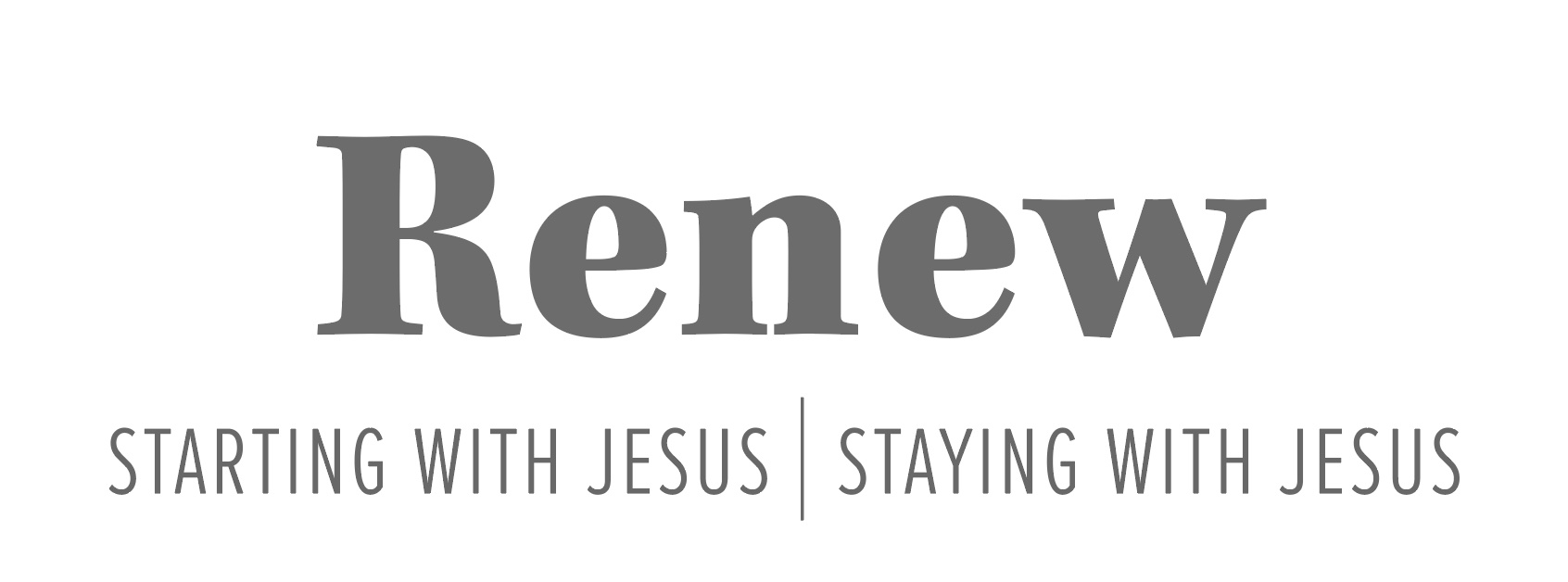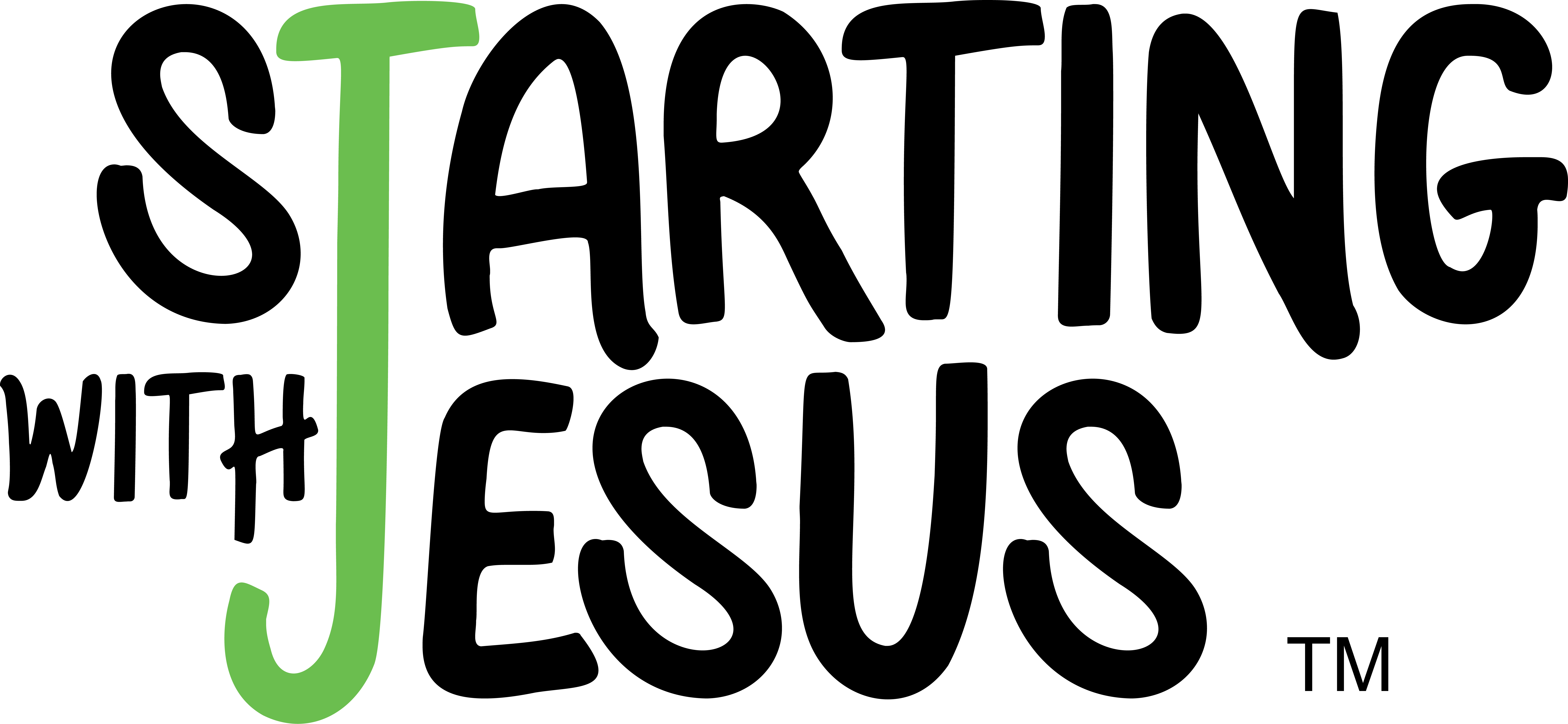

Memory Verse: Hebrews 11:4
Further Study: Genesis 4:1-16; Patriarchs and Prophets 63-79; The Story of Redemption 42-56; The Bible Story, vol. 1, pp. 73-90
The story of Cain and Abel is one we know well. But it’s entirely possible that our familiarity with the story causes us to miss a greater point. While we easily identify disobedience followed by murder in the story, there is perhaps a more subtle message within the text.
The Hebrew word used here for offering is minchah, which covers any type of gift an individual could bring to God. This word extends to animal sacrifices or first fruits—usually grain, but could extend to garden produce. If both types of offerings are acceptable, what was the problem with Cain’s offering? It was twofold.
What was the problem with Cain’s offering? It was twofold.
First, it appears that the offering brought by Abel and Cain was for atonement, a time of confession of sin as well as honoring God as the only One who can forgive sins. Scripture doesn’t reveal the purpose, but Abel’s offering implies the offering required the shedding of blood. Only the shedding of blood can atone for sins (Lev. 17:11).
Now look at verse 4. “The Lord respected Abel . . . .” Abel is listed first, then his offering. What this suggests is that while offerings are important, the motivation of the giver is even more valued by heaven. Maybe you remember the story of Saul and Samuel: “Behold, to obey is better than sacrifice, and to heed than the fat of rams” (1 Samuel 15:22).
Abel’s offering was brought in faith and obedience. His desire was to worship as God required, recognizing his need of forgiveness because he was a sinner. Cain, on the other hand, did what was asked, but only halfway. He determined in his heart to take God’s plan and modify it. In so doing he formed his own salvation plan. He brought an offering of his own works, one that did not show recognition of himself as a sinner in need of God.
He brought an offering of his own works, one that did not show recognition of himself as a sinner in need of God.
Sacrificing lambs versus the gift of produce feels a bit removed from us today. We don’t have to make such decisions or do we? Cain’s religion was an empty one. He was simply going through the motions. But before we become too judgmental of Cain, we should recognize that we can also be half-hearted Christians. Go to church. Check. Read my Bible. Check. Pray before meals. Check. It all feels good and right. But if Jesus is not at the center of why we do what we do, our religion may be empty as well. It’s not about our sacrifice, but about our heart. Let us plan each day to come to Jesus whole-heartedly giving completely of ourselves in worship and recognition of our deep need of a Savior. It is only in this way we are renewed.
Digging Deeper
Some interesting discoveries are found in the story of Cain and Abel.
- When Eve held her first newborn son in her arms, Eve named him “Qayin” (Cain). The full meaning of his name is “I have gotten a man, the Lord.” Eve saw the Messiah in her arms. Her hope of reversing the curse given in Genesis 3:15 had materialized or so she thought.
- Interestingly, when the second son arrives, he is given the name, Abel, which means “vanity” or “nothingness.” Let the full meaning of that sink in. In a sense Abel lives up to his name for he sees in himself nothing worthy without his Savior. One wonders if Cain’s attitude may have come from having to live up to expectations that were unfairly imposed upon him.
- Note that when Cain complains to God after Abel is killed, his complaint is about his punishment, not of his sin, giving a clearer insight into his attitude toward spiritual things.
- Cain’s punishment was a further expansion of Adam’s. When Adam and Eve sinned, they were sent out of the Garden of Eden. Cain is sent even farther away from where the descendants of Eden lived. Adam had to till the soil and it was challenging. The land, the thing Cain loved most, was resistant to anything he could try to produce.
Making it Real
When Abel brought his lamb, it was one lamb for one man. Later, at the Passover, it was one lamb for a family. At the tabernacle on the Day of Atonement, it was one lamb for the nation. With Jesus, it is one Lamb who takes away the sin of the entire world (John 1:29)*
Fortunately, we don’t have to make animal sacrifices today. Jesus took our sins once and for all, making a way for our salvation. This is an amazing gift of love that we should embrace every day. Sacrifices, however, are part of the Christian walk. What are some sacrifices you make in order to be a Christian? Do you find these difficult? If so, what are ways to make the Christian life easier for yourself and for others?
*Adapted from enduringword.com by David Guzik
Respond & Share
Cain and Abel were brought up in the same environment with the same parents and the same angels teaching them truth. Yet Abel believes and Cain does not. This still happens today. What can you say to encourage parents who have a child who has wandered from the faith of their parents and home, even when siblings have remained steady and constant in the truth? Share your thoughts below.
_________
Merle Poirier writes from Silver Spring, Maryland, where she works as the operation manager for Adventist Review and Adventist World magazines as well as the designer for KidsView, a magazine for 8-12-year-olds. She enjoys spending time with her family including being the grandmother of two active little boys, who greatly enjoy Starting With Jesus.
Coming next week:
“NOAH BUILDS AN ARK”
Based on Hebrews 11:7, Genesis 5-7;
PP 80-104; SR 57-69; BS, vol. 1, pp. 91-115
PREVIOUS LESSONS


You can pray with them.